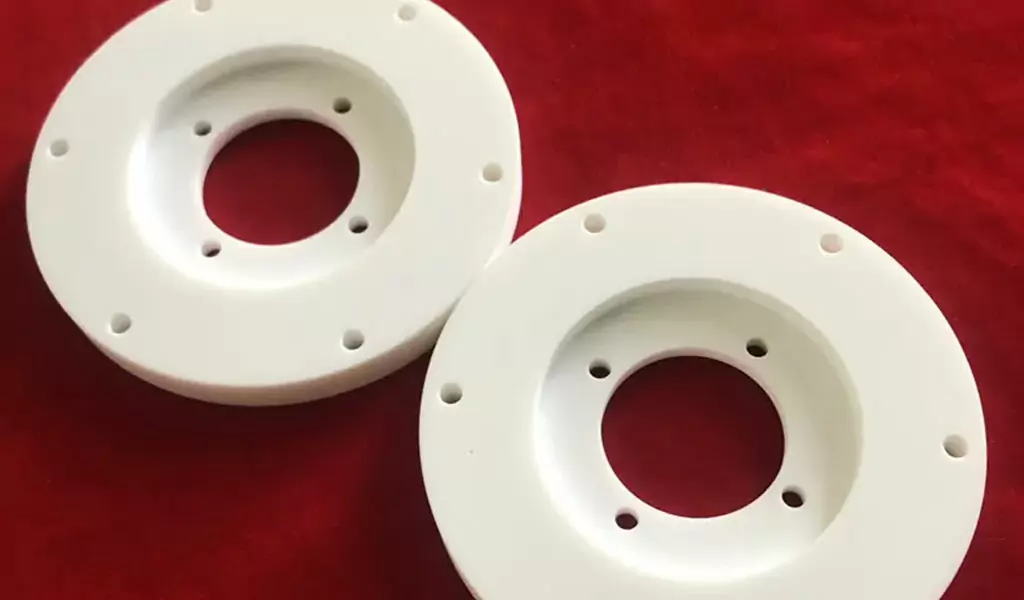
Common alumina ceramics are inorganic non-metallic materials with alumina as the main body, which are used in thick-film integrated circuits. It has good conductivity, high temperature resistance and high mechanical strength, and is a very widely used ceramic. Zirconia ceramic materials are gradually being widely used in the field of micromachines.
What Are The Properties And Molding Process Types Of Alumina Ceramics?
Be-Cu Ceramics is a business model that seeks development with professional technology, fine craftsmanship, quality and integrity.Be-Cu Ceramics is a manufacturer specializing in machining various ceramic components. We are very familiar with the various properties of alumina ceramics and the types of molding processes. Our professional technicians have summarized the properties and molding process types of alumina ceramics for you. solve questions.
Alumina Ceramics Can Be Divided Into Two Types According To The Alumina Content
ordinary type and precision type. Ordinary alumina ceramics can be divided into 99 porcelain, 95 porcelain, 90 porcelain, 85 porcelain and other varieties according to different alumina contents. The precision type ceramic material with alumina content of more than 99.9%, the sintering temperature can reach a high temperature between 1650 and 1990, and the transmission wavelength is between 1 and 6 μm. Molten glass can replace platinum crucible and use light transmittance and alkali metal corrosion resistance as sodium lamp tube; it can be used as high-frequency insulating material and integrated circuit substrate in the electronics industry because of its high temperature resistance, acid and alkali resistance, insulation and other properties, alumina ceramics can begin to be gradually revealed in the mechanical structure.
Alumina Powder Is Made Into Materials According To Different Molding Processes And Different Product Requirements.
It is required that the particle size of the powder should not exceed 1 μm. In addition to the production of high-purity products, the alumina ceramics must be ultra-finely pulverized and the particle size distribution must be uniform in addition to the alumina purity of 99.99%. In the process of injection molding or extrusion molding, remember to add plasticizers and binders to the powder, usually 10%-30% by weight of thermoplastic resin or thermoplastic, alumina powder and organic adhesive The binder must be mixed evenly at a temperature between 150-200 ℃ to facilitate the molding process.
If the powder is formed by the hot pressing process, it is not necessary to add a binder; if it is formed by automatic dry pressing or semi-automatic dry pressing, there will be special process requirements for the powder, and spray granulation should be used. The powder is processed by the method to make it appear spherical, so as to improve the fluidity of the powder and facilitate the automatic filling of the mold wall during molding. Another point to note is that in order to reduce the friction between the die wall and the powder, 1-2% lubricant must be added. If stearic acid is used, the binder PVA should be added in time. The dry pressing process requires granulation of the powder, and vinyl alcohol is also introduced as a binder.
The above points are the properties of alumina ceramics and the type of molding process. Alumina ceramics can be divided into two types: ordinary type and precision type according to the alumina content; alumina powder is made into materials according to different molding processes and different product requirements. Be-Cu Ceramics has a skilled team of ceramic sintering, CNC machining and grinding. The research and development and machining of ceramic precision parts is our advantage. At present, Be-Cu ceramics mainly focus on precision ceramic machining, mainly including: aluminum nitride ceramic machining, zirconia ceramic machining, silicon nitride ceramic machining, alumina ceramic machining and other advantageous fields.
About China Advanced Ceramic CNC Machining Company - Be-Cu
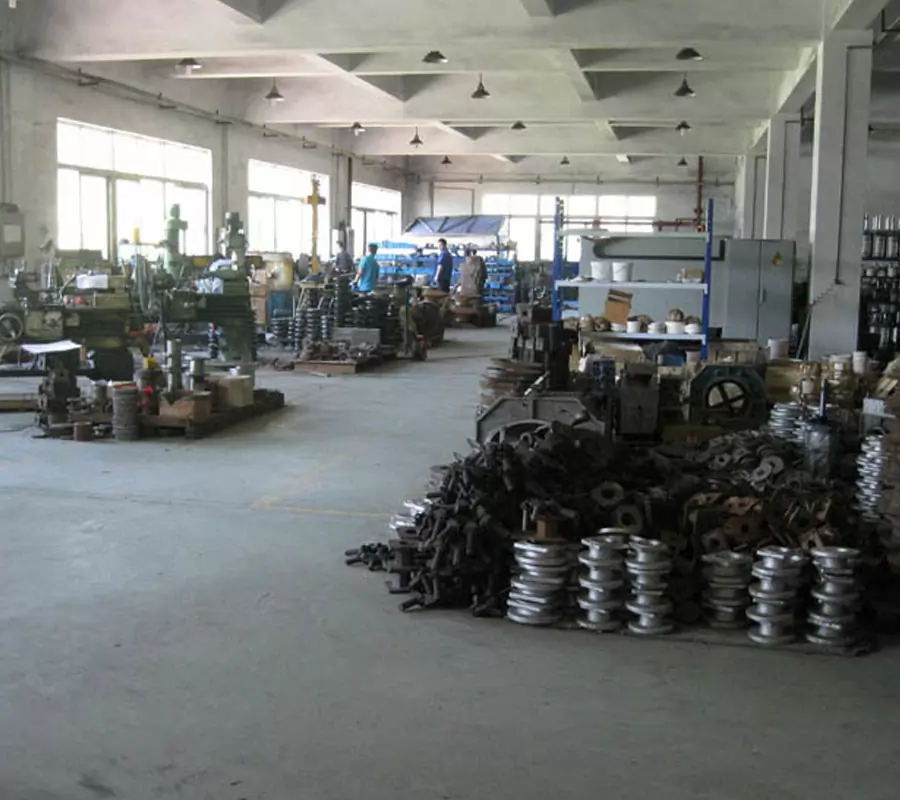
Manufacturer of precision machined components. Ceramic cnc machining components include high dielectric strength, electrical & corrosion resistance, & non-porous & non-shrinking properties.Manufacturer of high temperature fabricated and machinable ceramics including alumina, glass-ceramic, alumino-silicate, boron nitride and zirconium phosphate. Adhesives, coatings and potting compounds to 3200 degrees F,Air firing services for ceramics up to 1650 degrees C also available. Products include insulators, guides, washers, tubes, blocks, & rods for thermal, electrical, corrosion exposure, structural, wear, & semi-conductor operations. Services include machining to tolerances of +/- .0001, ultrasonic core drilling, centerless grinding, milling, & ID & OD threading.Surface grinding, dicing, OD (outer dia.) grinding, ID (inner dia.) grinding, centerless grinding, hole drilling, jig grinding, lapping, honing & polishing service are also available. Diamond grinding with dimensional tolerances of 5 microns & surface finishes of 0.2 microns (8 micro-in.) can be performed.Blanket orders and AutoCAD files & other 3d files accepted.Contact us for your machining ceramic project!
-
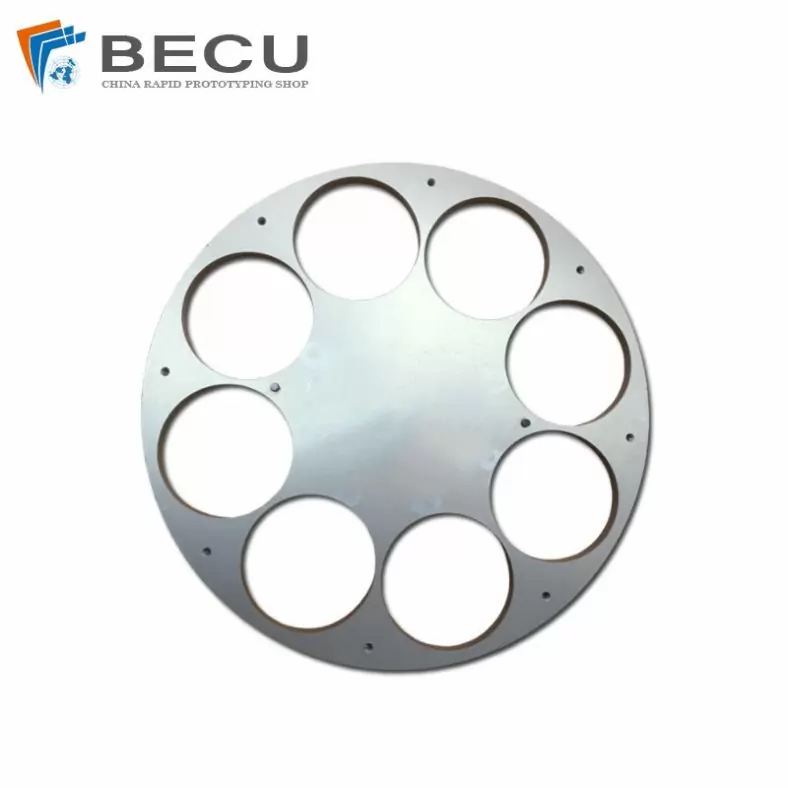
Metal Plating ZrO2 Zirconia Ceramic Parts
-
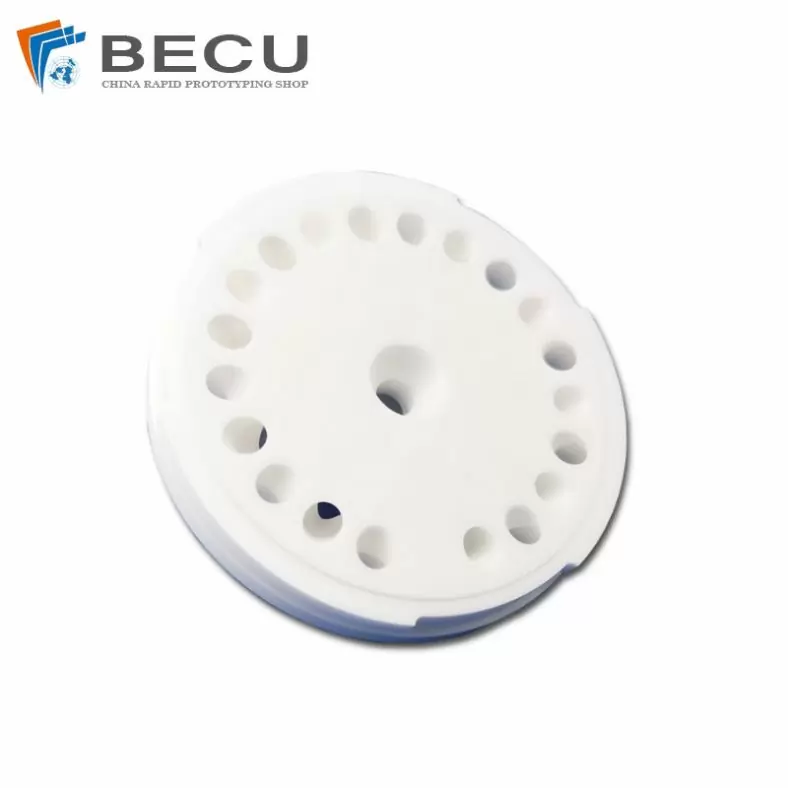
ZrO2 Structural Ceramic Semiconductor Parts
-
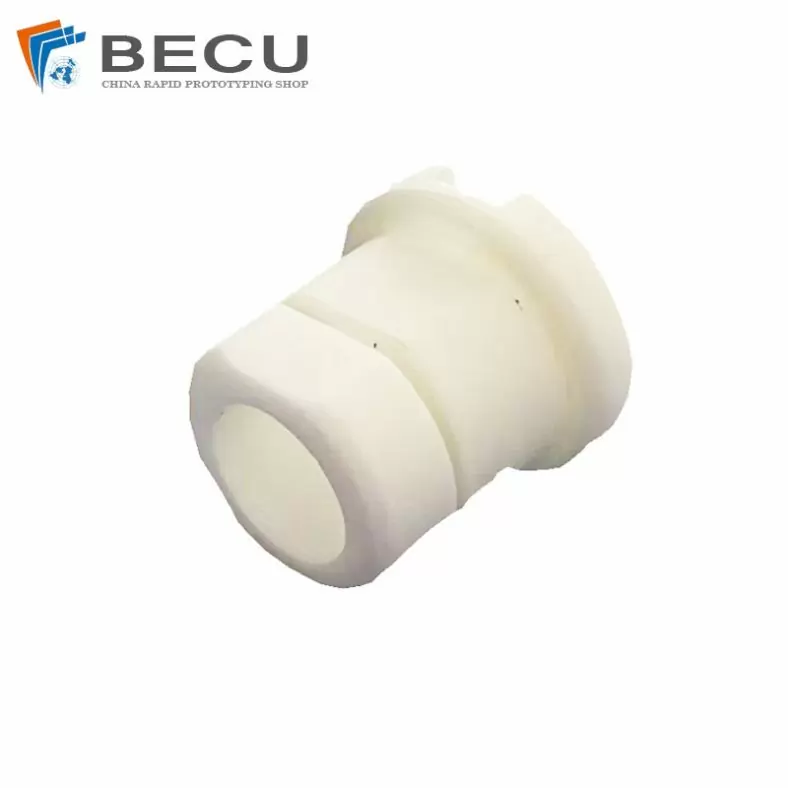
Alumina Ceramic Screw Type Parts
-
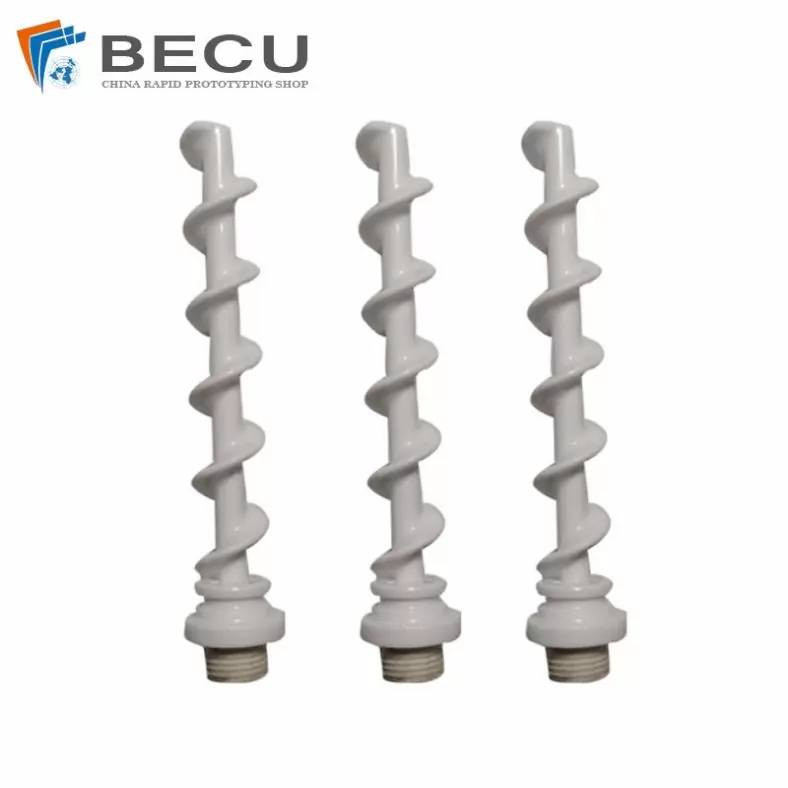
Cnc Machining Alumina Ceramic Screw Heating Pipe
-
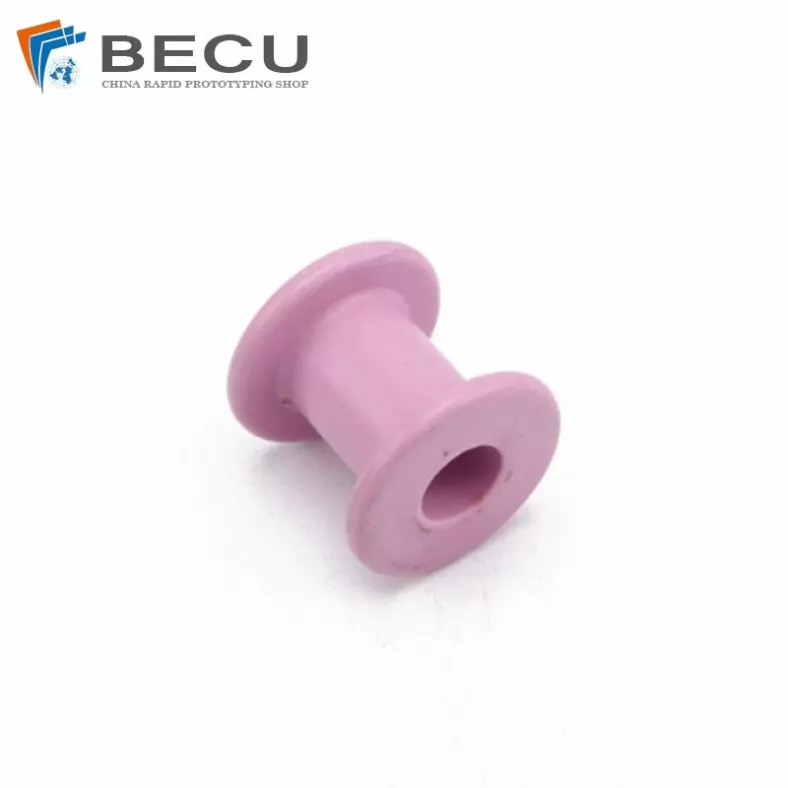
Brushed Fishing Tackle Alumina Ceramic Accessories
-
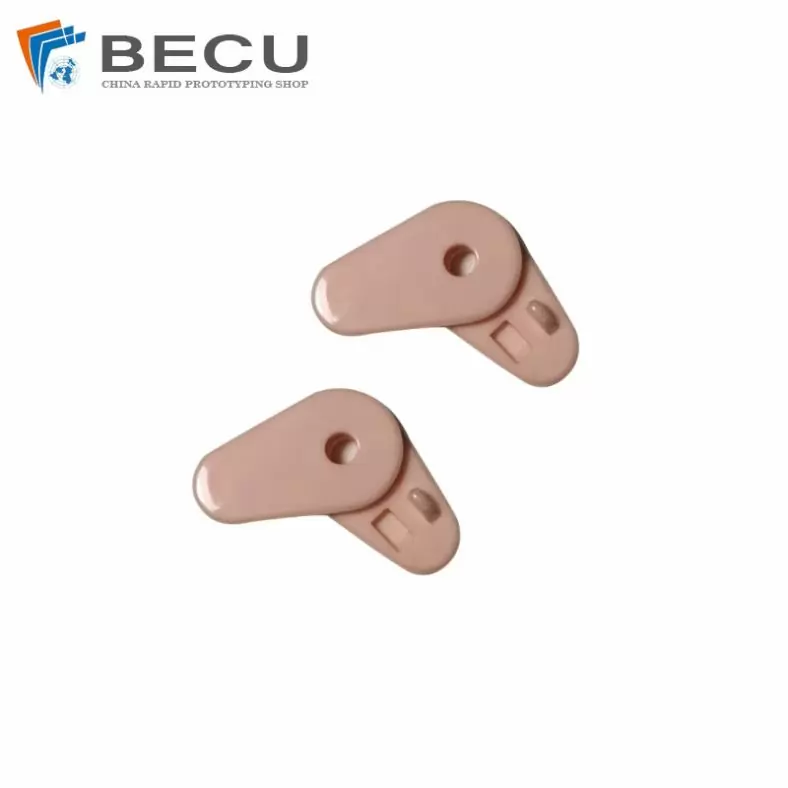
Winding Machine Alumina Ceramic Wire Wheel
-
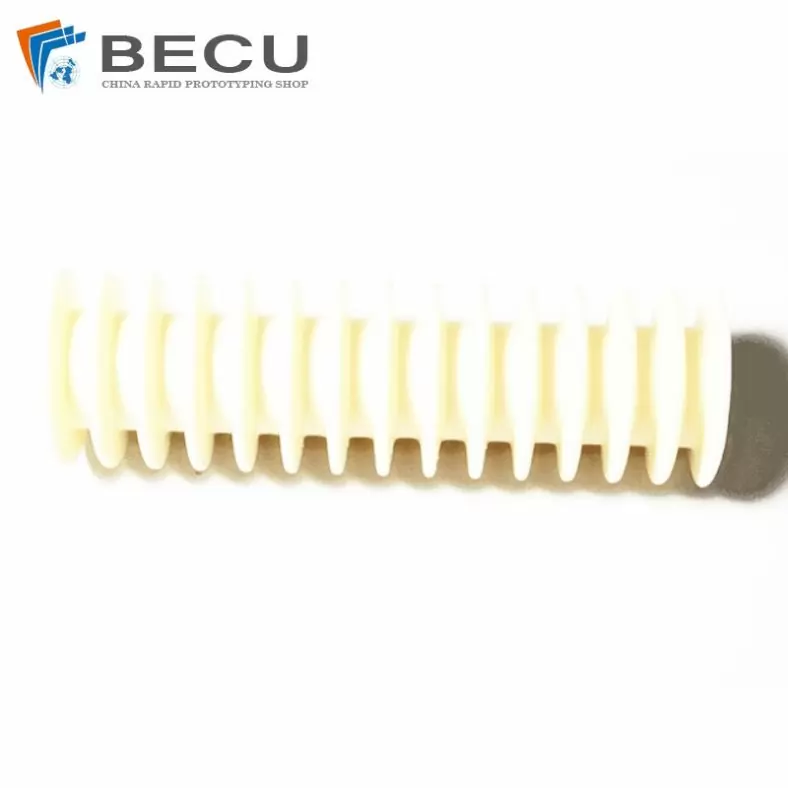
Insulation Device Microcrystalline Ceramic Multi-Slot Ceramic Column
-
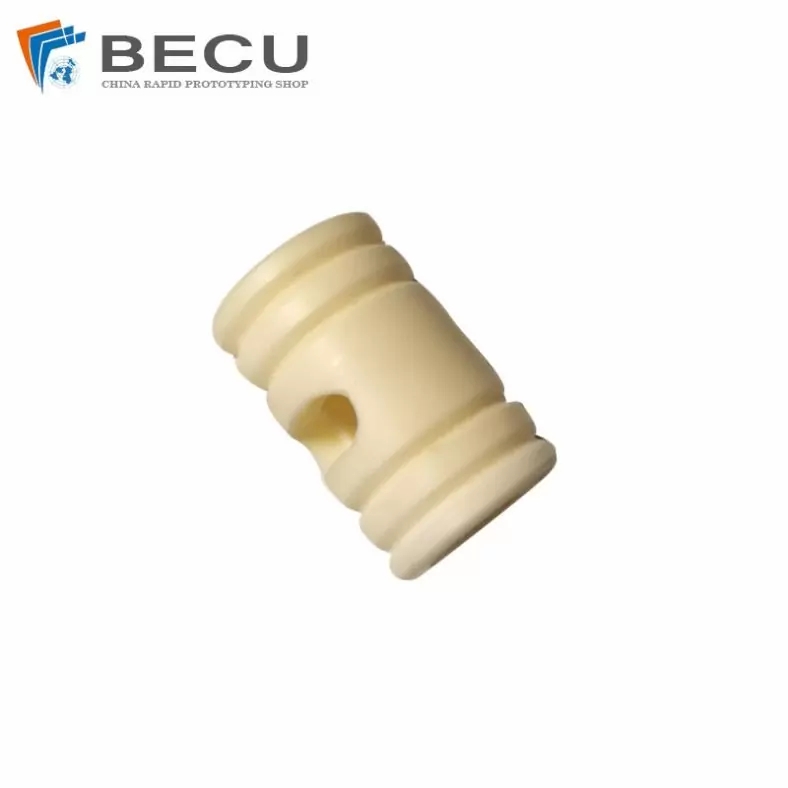
99 Alumina Ceramic Spool Insulator Sleeve
-
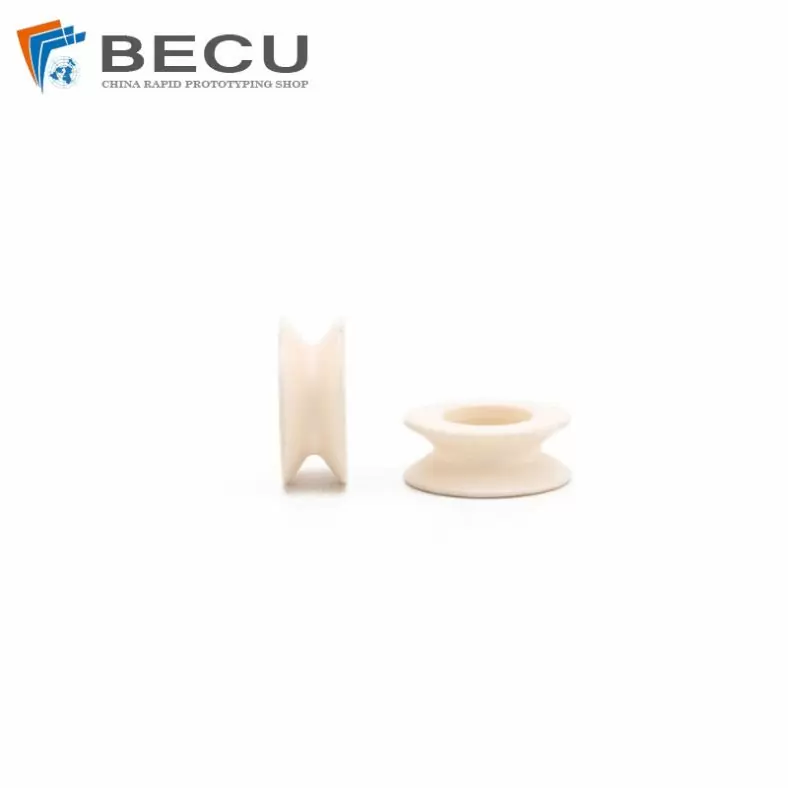
The Alumina Ceramic Ring Of Textile Machine Thread Passing Wheel
-
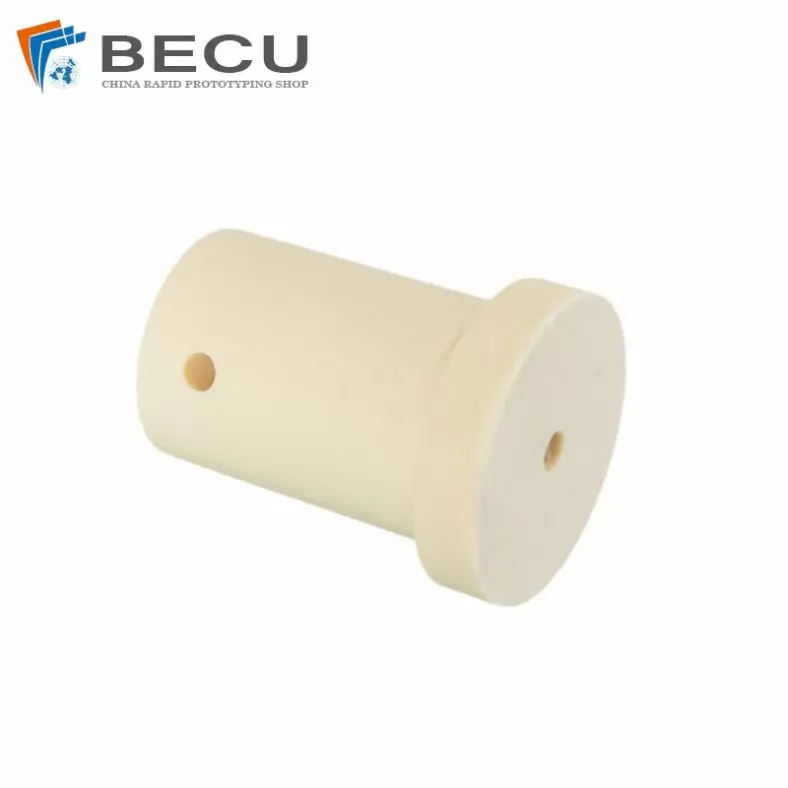
Isostatic Pressure Insulation Alumina Ceramic Column
